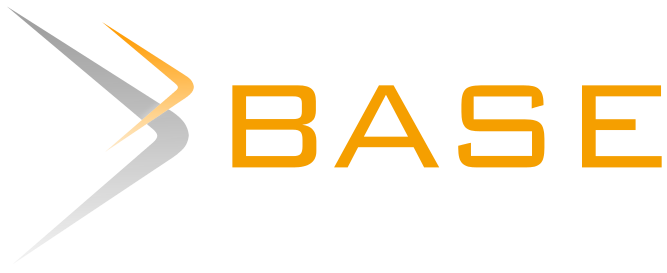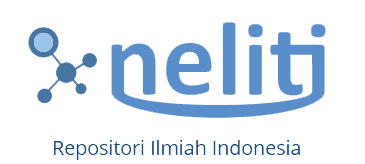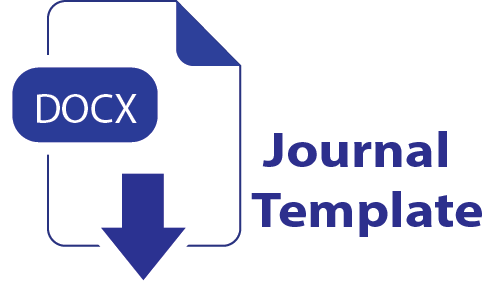Effectiveness Of Coaching And Mentoring For Employee Career Development Within The Organization
DOI:
https://doi.org/10.36982/jeg.v8i3.3483Abstrak
Objective: This study aims to determine the effectiveness of coaching and mentoring for the career development of employees in organizations.
Design/Methods/Approach: This study uses the research method used is the observation method, the library method, internet review and the analysis process is carried out using the literature review analysis method of previous journals.
Findings: Employees must know specifically what to do and be able to face obstacles to achieve effective performance, this is where coaching, mentoring and career counseling activities are needed.
Originality/Value: Coaching and Mentoring are important for improving employee performance and providing different benefits for the organization.
Practical/Policy implication: The results of the study show that coaching and mentoring help improve employee performance and setting goals leads to higher performance through increasing effort and motivation levels of employees, one of which is through career counseling.
Unduhan
Diterbitkan
Cara Mengutip
Terbitan
Bagian
Lisensi
Hak Cipta (c) 2024 Siera Syailendra, Mulkan Setiawan, Sopian, Efri Kusuma Atmaja, Rati Sari

Artikel ini berlisensiCreative Commons Attribution-ShareAlike 4.0 International License.
Authors who publish with this journal agree to the following terms:
- Authors retain copyright and grant the journal right of first publication with the work simultaneously licensed under a Creative Commons Attribution License   that allows others to share the work with an acknowledgement of the work's authorship and initial publication in this journal.
- Authors are able to enter into separate, additional contractual arrangements for the non-exclusive distribution of the journal's published version of the work (e.g., post it to an institutional repository or publish it in a book), with an acknowledgement of its initial publication in this journal.
- Authors are permitted and encouraged to post their work online (e.g., in institutional repositories or on their website) prior to and during the submission process, as it can lead to productive exchanges, as well as earlier and greater citation of published work










